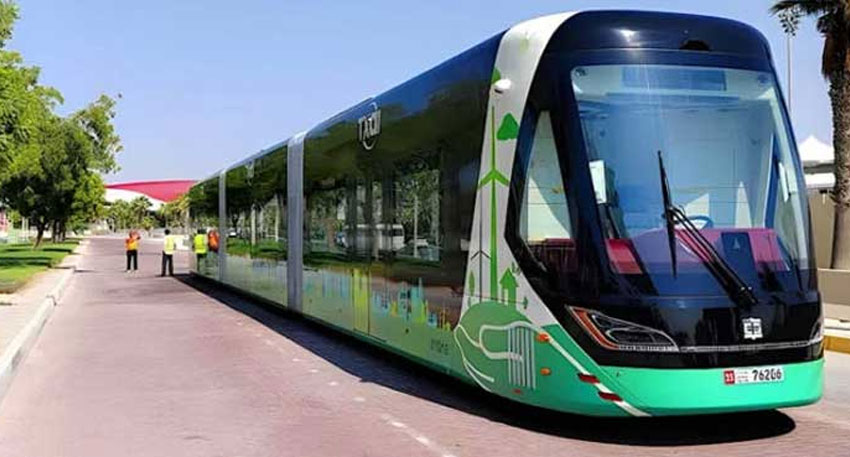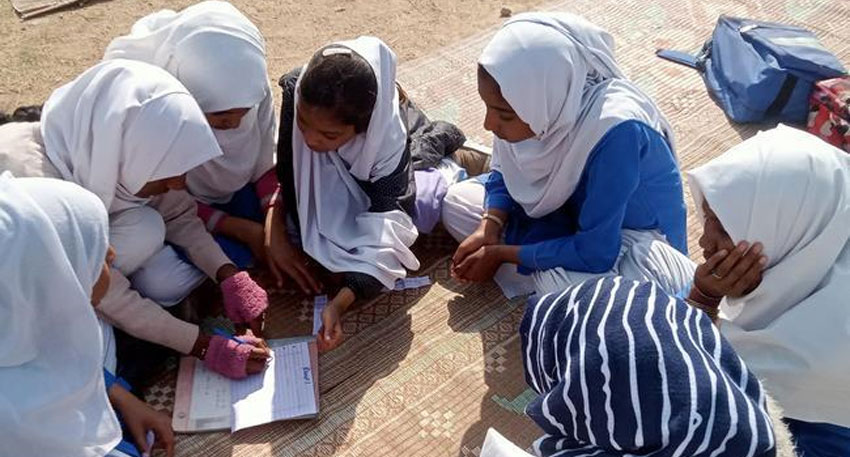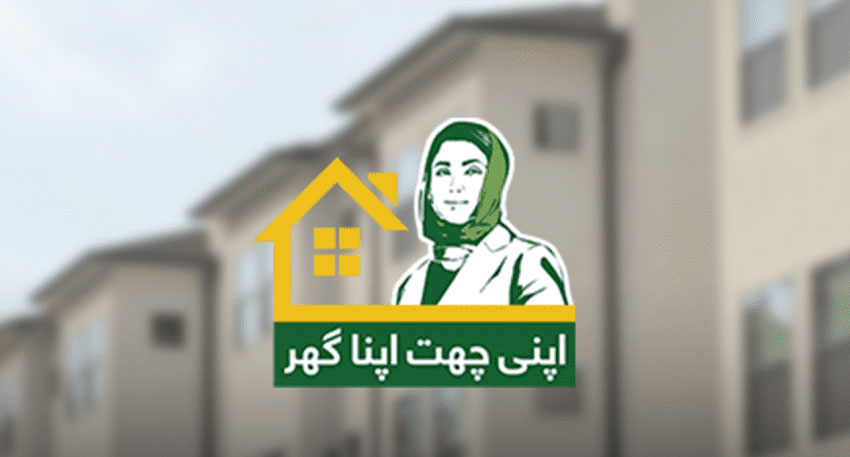
In a high-level meeting chaired by CDA Chairman and Chief Commissioner Muhammad Ali Randhawa, officials discussed the next phase of public transit planning, focusing on integrating electric tram buses into the existing electric feeder bus network.
Chairman Randhawa emphasized that upgrading citizens’ commuting experience is CDA’s top priority, directing teams to complete a feasibility study examining financial viability, operational capacity, and public-private partnership opportunities.
Also Read: Lahore to launch yellow line metro
Soft-wheel electric trams will run along four priority corridors, such as Rawat to Faisal Mosque via the Expressway and Jinnah Square to the Islamabad International Airport via Srinagar Highway.
Trams will feature multi-compartment coaches, designed for high passenger volume, with special accessibility provisions for women and differently-abled users.
Officials were briefed on upgrades underway at bus terminals: 140 existing stops are being modernized, with 200 new stops under construction, each outfitted with digital screens for ads, schedules, and safety messages.
Smart ticketing, in-bus advertisements, and digital revenue strategies will be rolled out by the CDA to ensure sustainability and to make the project financially self-supporting without relying on continuous subsidies.
Over 90,000 passengers daily are served by Islamabad’s current electric bus fleet. The electric bus is praised for being punctual, cost-effective, and environmentally conscious. The initiative of the tram seeks to build on this foundation—reducing traffic congestion, lowering emissions, and offering citizens a dignified, modern transit experience.
Officials say the feasibility report is expected soon, after which the CDA will finalize routes, timelines, and execution phases. If the plan moves ahead as envisioned, Islamabad could gain one of its most transformational infrastructure upgrades in years.




